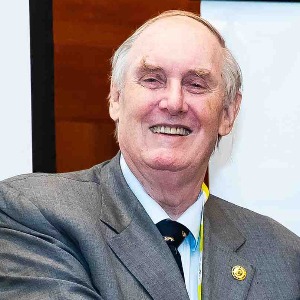Malocclusion
Malocclusion is a misalignment of the teeth, jaws, or both that affects the way a person chews, speaks, and looks. It can range from mild to severe, and can cause a variety of problems. In dentistry, malocclusion is a major concern, as it can lead to dental and facial irregularities, difficulty in chewing or speaking, and a variety of other oral health issues. Malocclusion can be caused by a variety of factors, including genetics, trauma, improper jaw development, and tooth loss. Genetics are the most common cause of malocclusion, although other factors such as thumb sucking, breathing through the mouth, and premature tooth loss can also contribute. Malocclusion can affect people of any age, and is more common in children and teenagers. The most common type of malocclusion is known as Class I malocclusion, which is characterized by the upper and lower teeth not meeting evenly. This type of misalignment usually does not require treatment and can often be corrected by orthodontic treatment. Other types of malocclusion include Class II, where the upper teeth are too far forward, and Class III, where the lower teeth are too far forward. Malocclusion can be corrected with braces, retainers, orthodontic headgear, and other appliances. In more serious cases, surgery may be required. Treatment may involve the use of braces and other appliances to move the teeth into the correct position. In some cases, jaw surgery may be necessary to realign the jaws and correct the malocclusion. Malocclusion can have long-term effects on a person’s oral health, facial appearance, and self-esteem. Early diagnosis and treatment are important to ensure optimal oral health and to prevent further complications. If you or your child has malocclusion, it is important to consult a dentist as soon as possible to discuss treatment options.

David Geoffrey Gillam
Queen Mary University of London, United Kingdom
Christopher Turner
Spacemark Dental, United Kingdom




Title : Evaluating hygienist follow up for head and neck oncology patients in secondary care: Results from a two cycle audit
Peter Basta, Newcastle Dental Hospital, United Kingdom
Title : Atypical facial pain unravelled
Christopher Turner, Spacemark Dental, United Kingdom
Title : New treatment of temporomandibular disorder through muscle balance and muscle regeneration by activation of quiescent muscle stem cells( satellite cells) with mitochondrial dynamics
Ki Ji Lee, National Reserach Foundation & Busan Medical University, Korea, Republic of
Title : MRONJ and ORN: Referral or management in primary care? Navigating guidelines in the context of long waiting lists
Alisha Sagar, NHS England, United Kingdom
Title : Managing the unexpected: An Insight into supernumerary teeth
Bahar Gharooni Dowrani, Guy's and St Thomas' NHS Foundation Trust, United Kingdom
Title : Laxative prescribing for post operative head and neck cancer patients at Derriford Hospital
Pui Sze Kylie Li, Cardiff and Vale University Health Board, United Kingdom